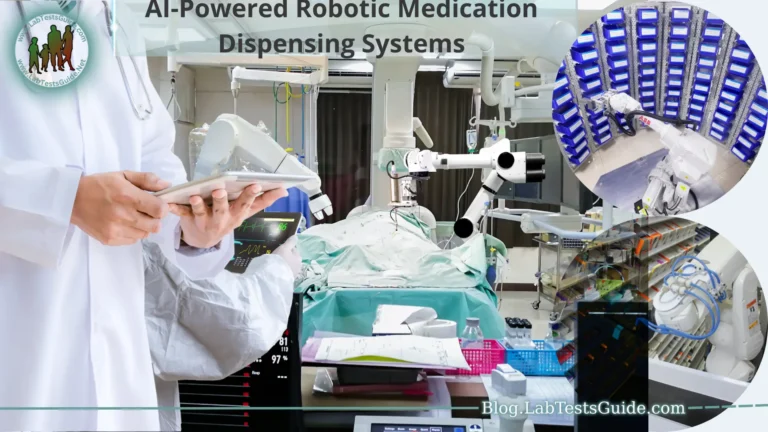AI (Artificial intelligence)
 Artificial Intelligence (AI) has made significant advancements in the field of healthcare and has the potential to revolutionize various aspects of the industry. Here are some ways AI is being used in health:
Artificial Intelligence (AI) has made significant advancements in the field of healthcare and has the potential to revolutionize various aspects of the industry. Here are some ways AI is being used in health:
- Diagnosis and Medical Imaging: AI algorithms can analyze medical images such as X-rays, MRIs, and CT scans to detect abnormalities and assist doctors in diagnosing conditions like cancer, heart disease, and neurological disorders. These algorithms can often identify patterns and subtle changes that might be missed by human observers.
- Predictive Analytics: AI can analyze patient data and medical records to predict disease risk, potential complications, and patient outcomes. This information can help healthcare providers intervene early and provide personalized treatments.
- Drug Discovery and Development: AI can accelerate the drug discovery process by analyzing vast amounts of biological data to identify potential drug candidates. It can also predict how certain compounds might interact with biological systems, potentially reducing the time and cost of developing new drugs.
- Personalized Treatment: AI can analyze a patient’s genetic, medical, and lifestyle data to tailor treatment plans to individual needs. This can lead to more effective and efficient healthcare interventions.
- Virtual Health Assistants: Chatbots and virtual assistants powered by AI can provide patients with information, answer questions, and even schedule appointments. They can also help healthcare providers by assisting with administrative tasks.
- Robot-Assisted Surgery: AI-driven robots can assist surgeons by enhancing precision and control during procedures. They can also be used for remote surgeries, allowing experts to perform surgeries on patients located in different parts of the world.
- Health Monitoring: Wearable devices equipped with AI can monitor various health metrics, such as heart rate, sleep patterns, and physical activity. These devices can provide valuable insights to individuals and healthcare providers, enabling early detection of health issues.
- Disease Detection and Early Intervention: AI can analyze patient data to detect early signs of diseases, enabling timely intervention and treatment. For example, AI algorithms can help identify signs of diabetic retinopathy by analyzing retinal images.
- Drug Dosage Optimization: AI can analyze patient data to determine the optimal dosage of medications, reducing the risk of adverse reactions and improving treatment outcomes.
- Clinical Decision Support: AI-powered systems can assist healthcare professionals in making clinical decisions by providing relevant information, suggesting treatment options, and alerting them to potential issues.




